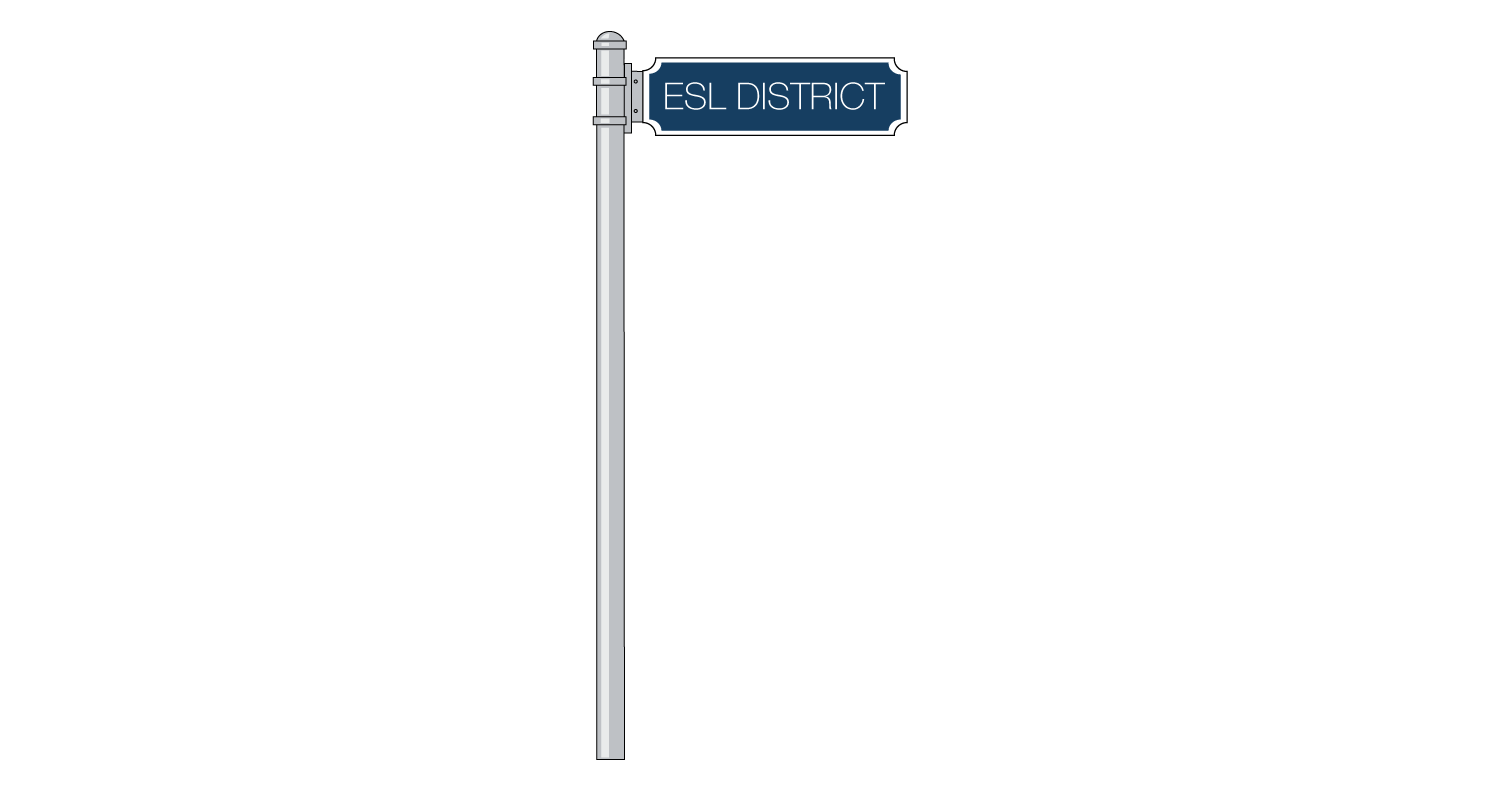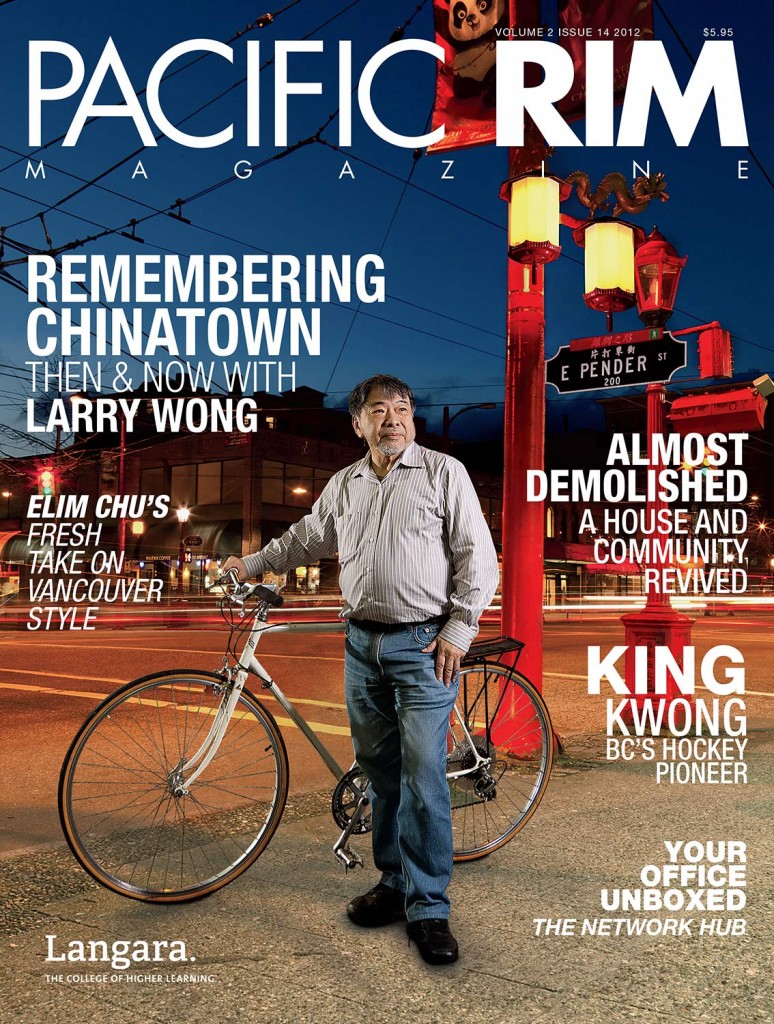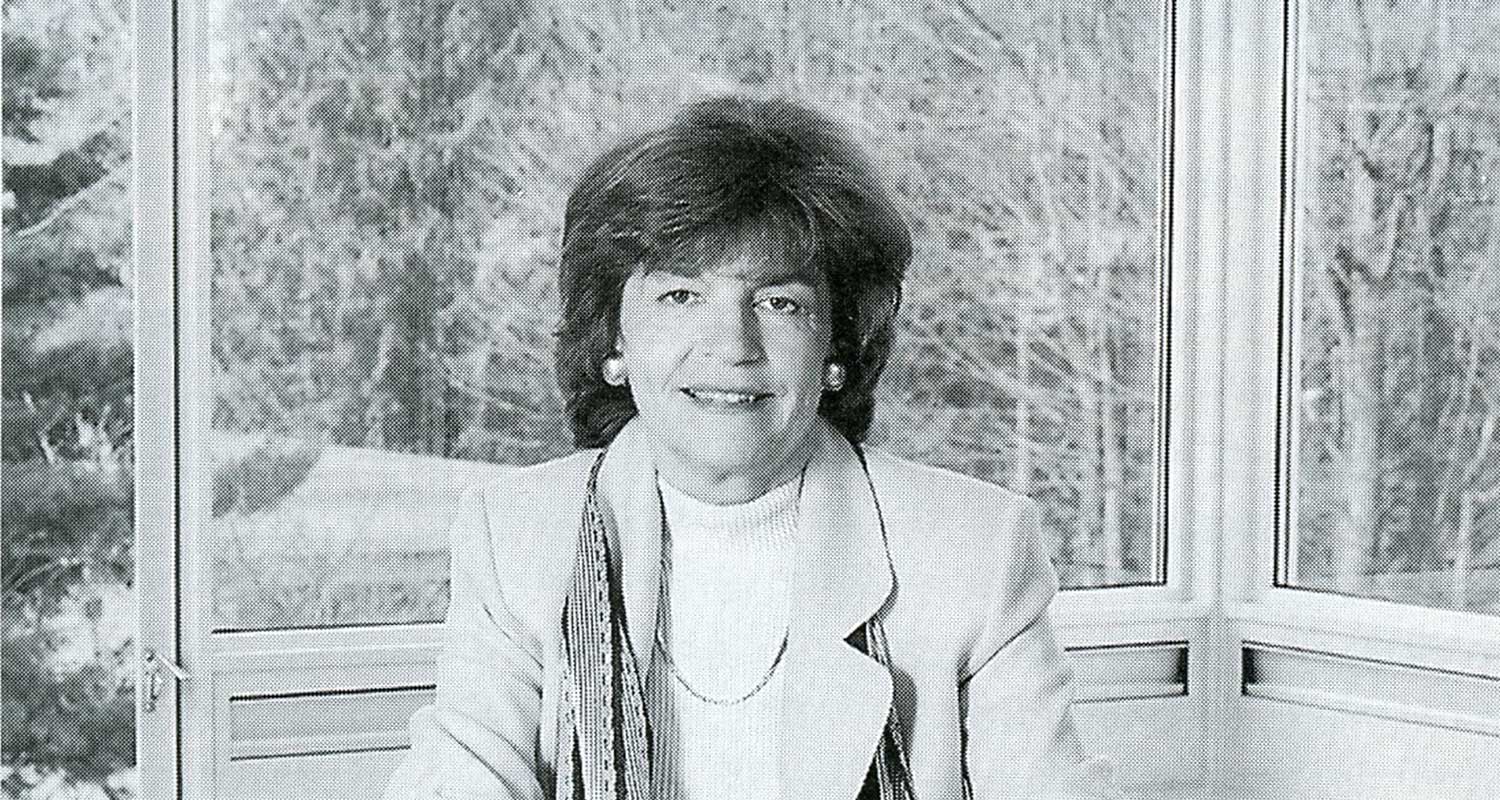Take a stroll along West Pender St. in downtown Vancouver and it probably won’t be long before you notice them. They line each side of the street, glowing with friendly signs of welcome, and layered with the scripts of languages familiar to their targeted clients. They are numerous here, some packed so closely together that two or more may occupy different floors of the same building. You may be able to recognize it by now—you’re in Vancouver’s ESL district.
Vancouver has long been regarded as one of the world’s top destinations to learn English as a Second Language (ESL). “Some people in Korea don’t even know that Vancouver is in Canada,” explains May Jung, a young woman from Korea who has been living in Canada for more than three years. “If you want to learn English, you say ‘I should go to Vancouver,’ not ‘I should go to Canada.’ ”
Many ESL students are in Vancouver specifically to study English. Metropolitan Vancouver is abundantly multicultural, and English is not the mother tongue for much of its population. Newcomers to Canada can take free English-language classes through the government, but many learners opt to take classes at private language schools instead.
Registration Isn’t Mandatory For Private Language Schools In B.C.
Private language schools in British Columbia were formerly held to mandatory quality requirements and tuition protection for students through the Private Post Secondary Education Commission (PPSEC). However, the regulation was scrapped in 2004 when the Private Career Training Institution Agency (PCTIA) replaced the commission.
PCTIA still requires registration and accreditation of community colleges and institutions offering career programs, but no longer requires mandatory registration of private language schools. These schools may still register with the agency on a voluntary basis, but the remaining institutions are not subject to any kind of educational quality assessments.
Schools that voluntarily register with PCTIA provide tuition protection for their students in the event of the school’s closure. Students of unregistered schools have no such protection and have no access to a formal complaint process, except through traditional consumer protection services such as the Better Business Bureau and Small Claims Court. In 2009, one of Vancouver’s largest downtown schools, VTC Language School, closed its doors on both students and instructors without warning. Some students had paid thousands of dollars in advance for classes at the school— only to be locked out when they arrived to class that morning.
Although deregulation of private language schools puts British Columbia on par with the rest of Canada, it could have adverse effects on Vancouver’s reputation as a world-class ESL destination. Learners are turning to other countries like Australia, which continues to strictly regulate its language teaching institutions. Despite the initiative some schools have taken to voluntarily register with PCTIA, there are still many unregulated private language schools in Vancouver. It is critical that we maintain the high standards Vancouver has become known for, and uphold the excellent quality of English education befitting Canada’s western gateway.











